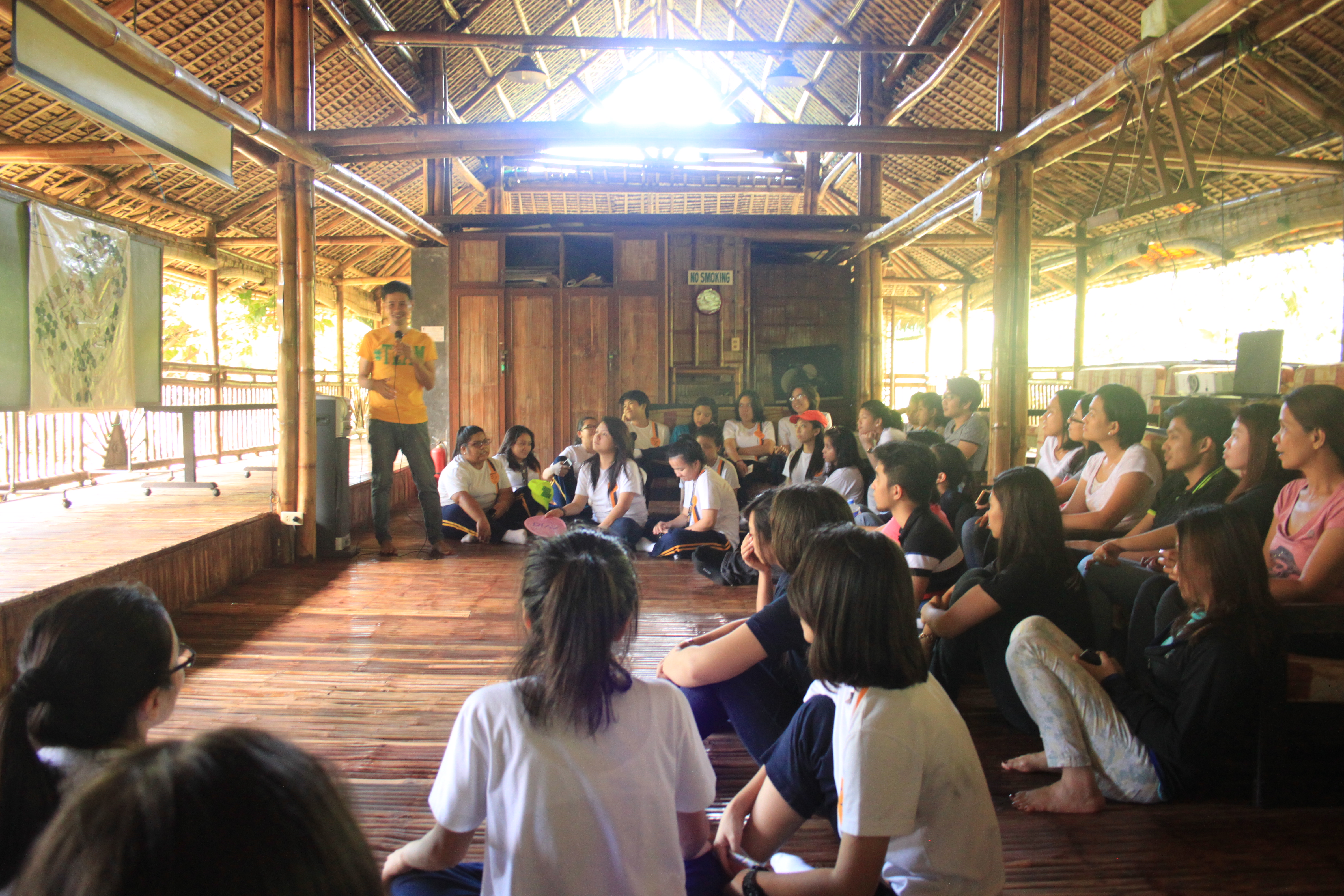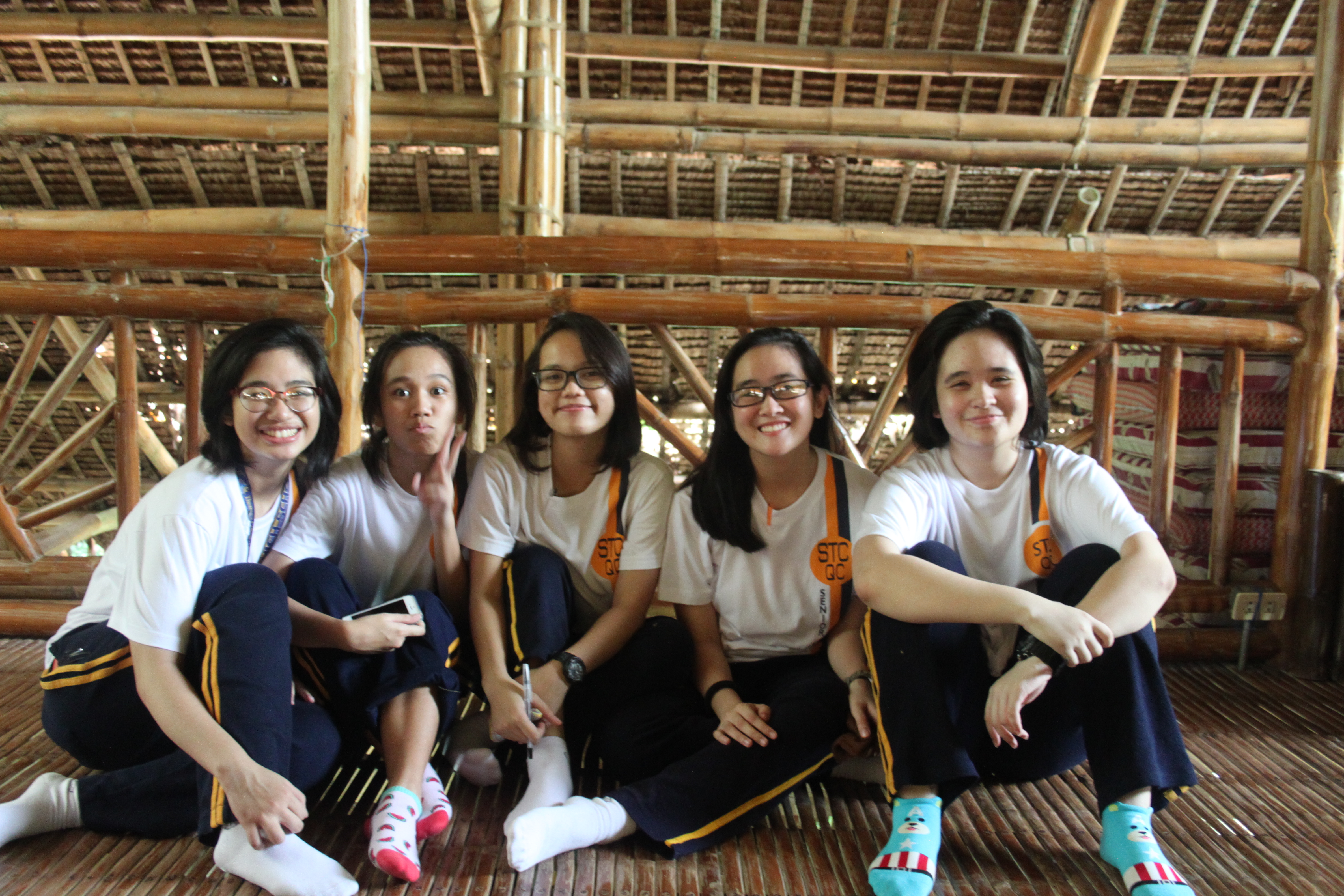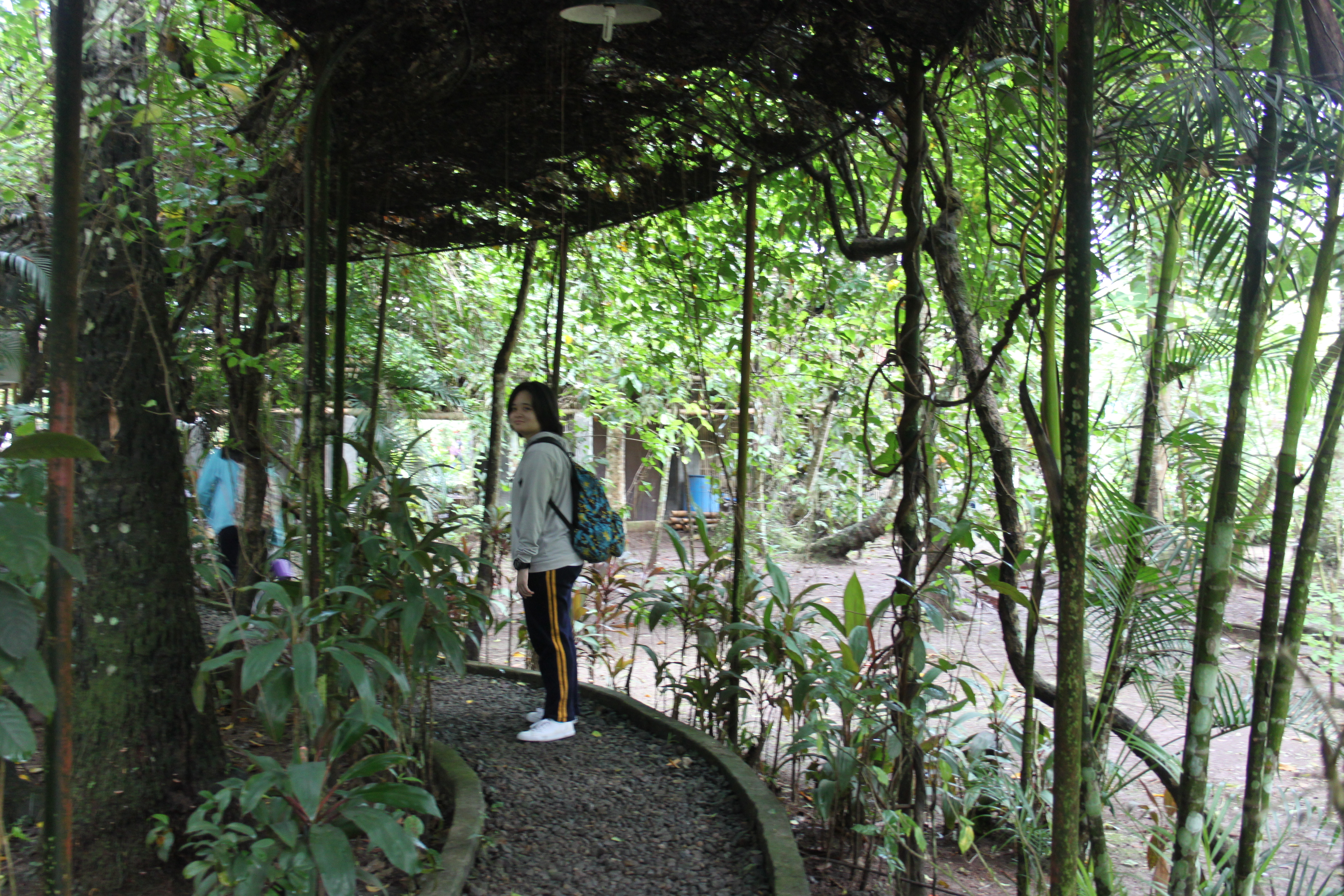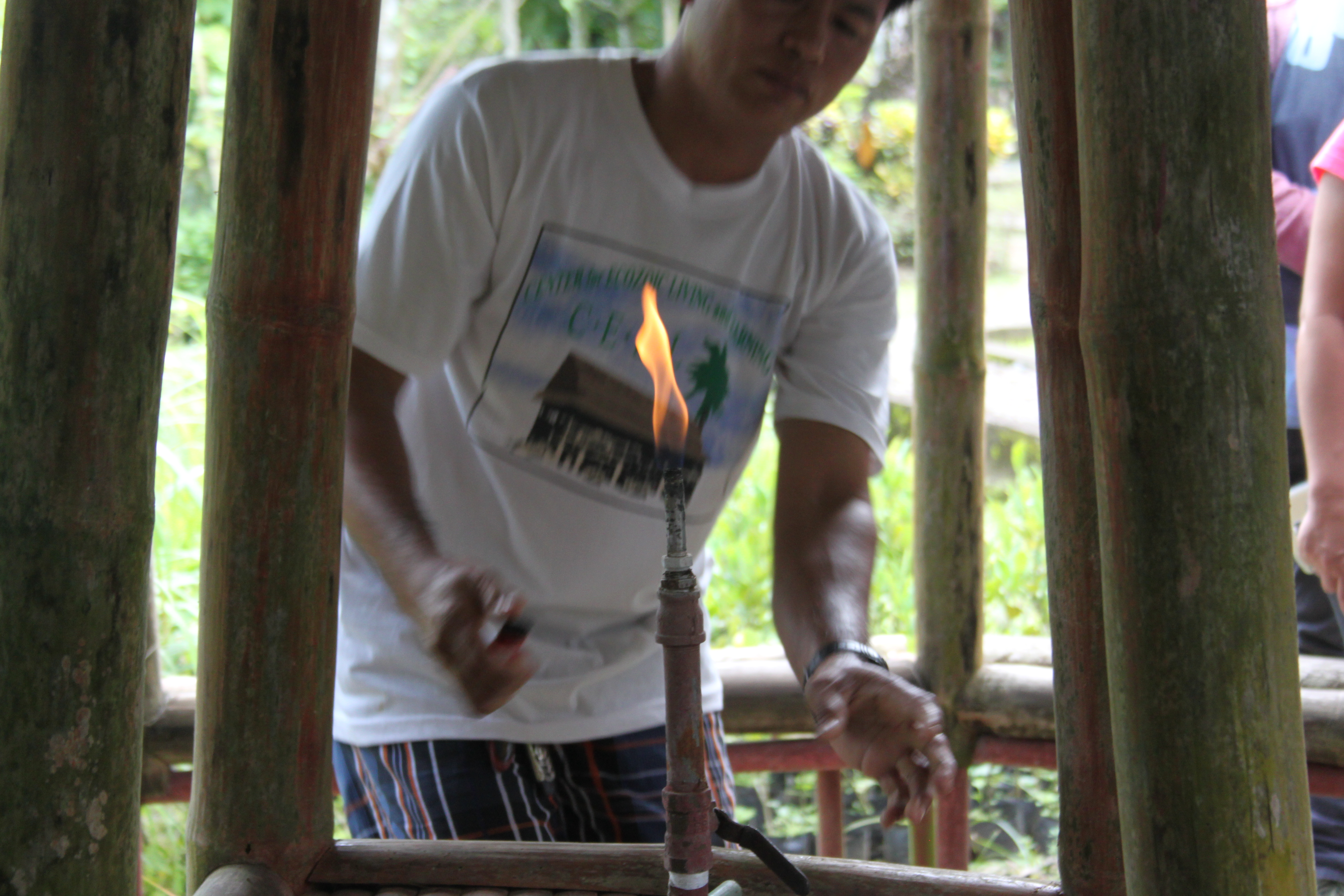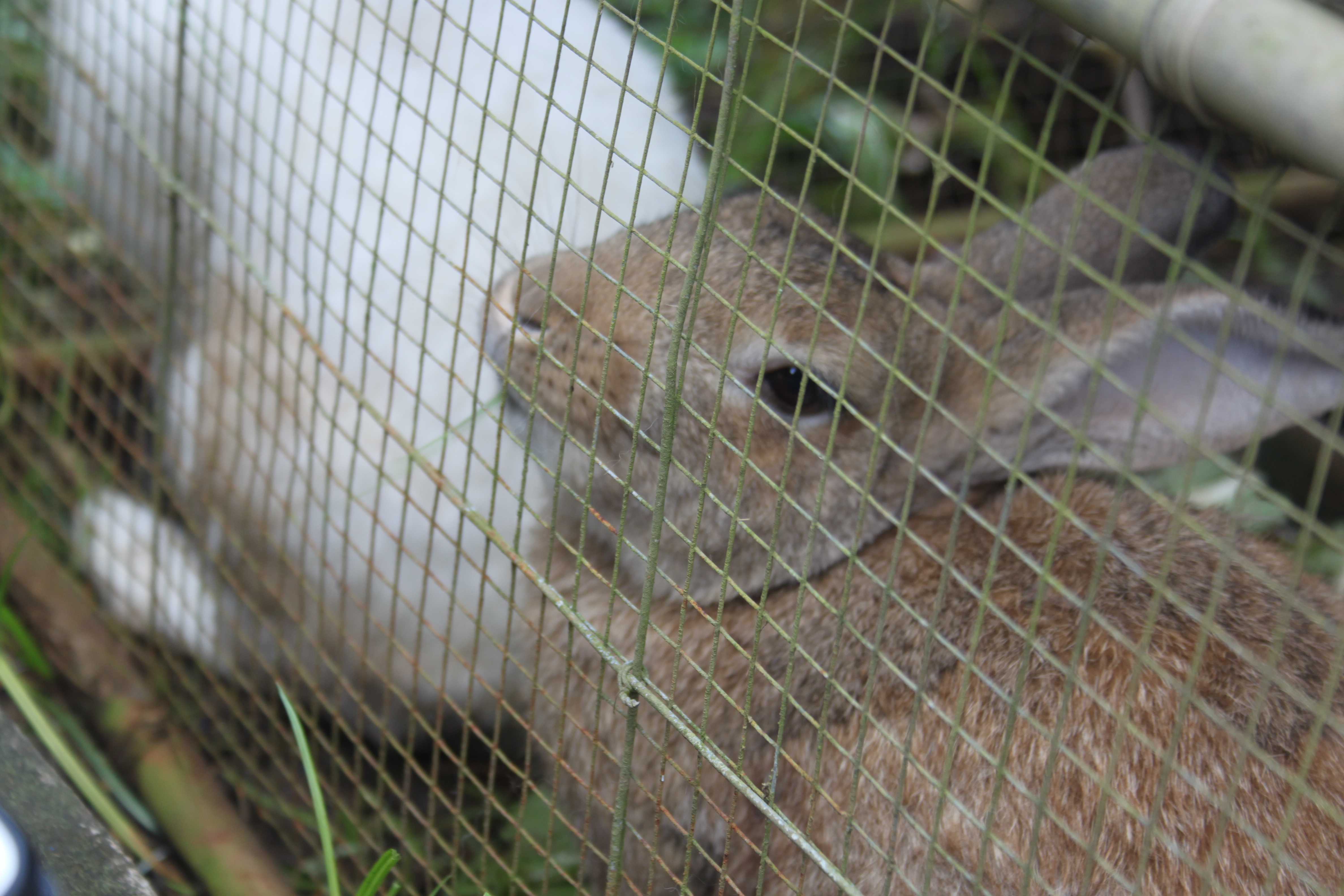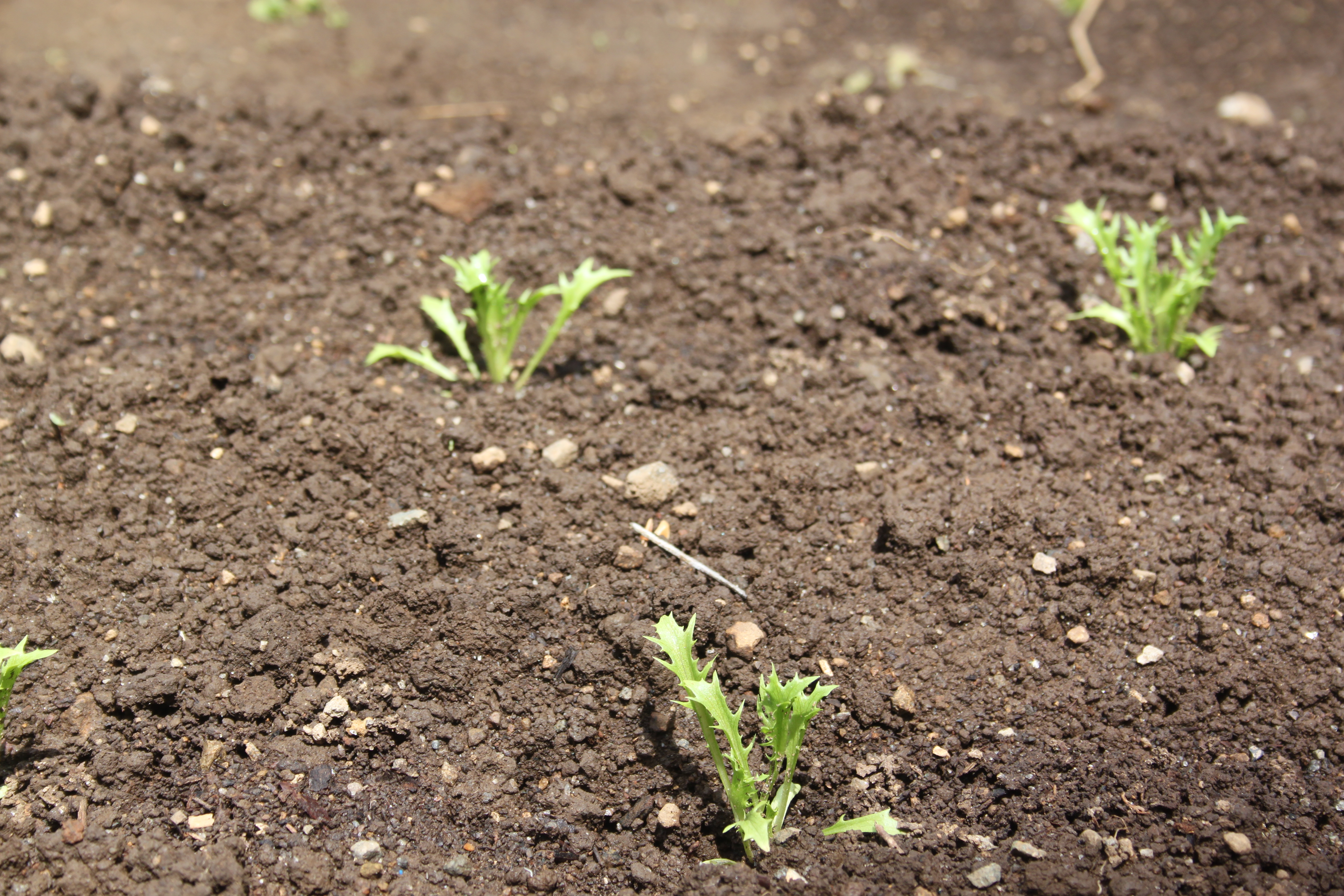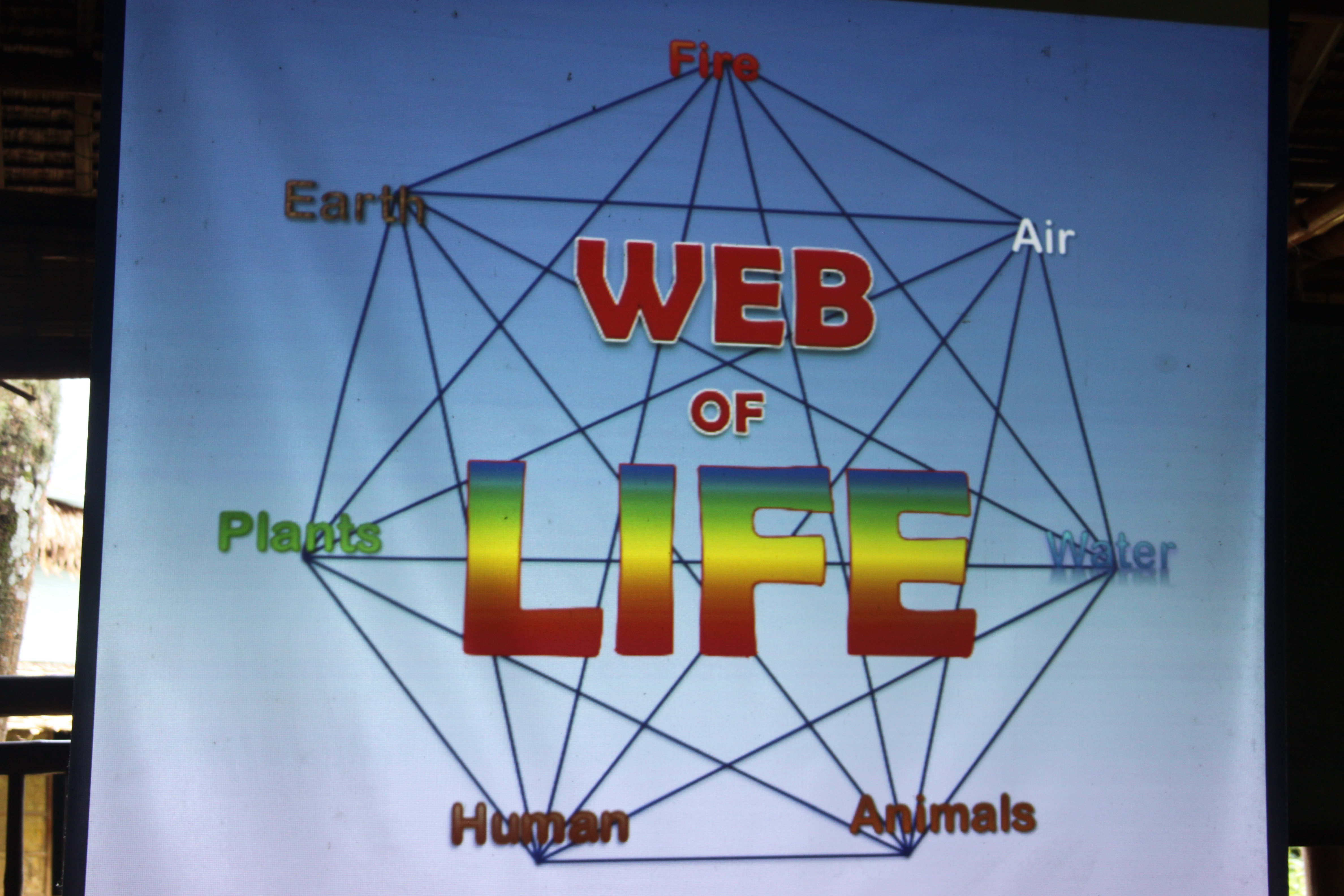Blogs
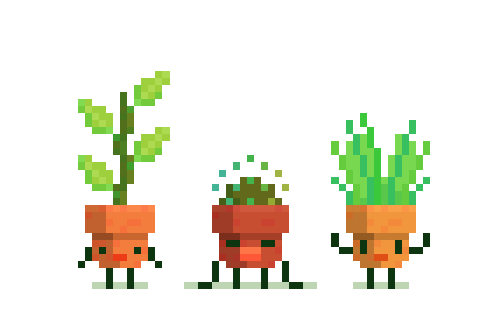
Before we delve in to my environmental and breathtaking experience in CELL, first let me give you a little background about the place:
JANUARY 1999 -- Founded by four Columbans in 1998 in partnership with a community member of Silang who leased this 1.2 hectare area. During this time a starlight insight was born: the system that denies the poor a livelihood is also a system that is destroying the Earth, and therefore denies them the possibility of ever having a livelihood" the Assembly concluded, "required of those in solidarity with them a dedication to saving the source of their livelihood, the Earth." Because of the dynamism and hard work of the founders, CELL continues to create a largely self-sufficient Ecozoic farm.
VISION:
A world where humans live in harmony with the rest of Creation through living in harmony with one another in a just society.
MISSION:
To contribute to the Great Work, whereby humans learn to move from a stance of destroyer of the Earth Community to a stance that is mutually enhancing.
GOAL:
To operate a spirituality center that will propagate the New Story of Creation as a means of alerting the human to the current ecological and social crisis and awaken in them a vision that will give a direction for action at the present moment in history.
In light of the school’s goal to teach students the value of the integrity of creation, the Advanced Environmental Education Elective Class students of St. Theresa’s College, QC (STCQC), which I am part of, visited the Center for Ecozoic Living and Learning or CELL found within the deepest ends of Silang, Cavite. Away from the hassle and busy life of Manila, CELL warmly welcomed us students with unparalleled hospitality, equipped us with new learnings and insights about the integrity of our environment, and awakened us to our calling as God’s stewards of creation. The seventh principle of ecology states that we are the stewards of God’s creation, thus we must fulfill that duty.
Being the guests for the day, we were invited to extend our help in maintaining the vibrant life that Cell has by taking part in what we call Ecozoic living - a part of that promotes the harmonic relationship and co-existence of the various creatures and elements of the planet. Through such interactive activities as the guided Creation Walk, Telling of the New Story of Creation, Permaculture Session, Water Recycling, and other initiatives regarding care for our Earth, students are able to see Christian Life Education, Science, and the Humanities concepts come alive one after the other. The center is sustained as a largely self-sufficient ecozoic farm comprising a home farm, working woodlands, productive gardens, and restful grounds.
As you enter CELL, if you are used to the noise and clamor of urban life, you will definitely be entranced by the shift in the atmosphere and environment. You will be greeted by a threshold of vines and leaves, accompanied by the fresh breeze of air and the amiable smiles of the personnel. Honestly, I needed a break from the hassle brought about by schoolwork and responsibilities. By surrounding myself with nothing but the greenery of nature, I was put into a calm spell of relief from all the stress I had piled up. Captivated by the magnificent splendor of nature, one whole day wasn’t enough for me. Although the trip will undeniably wear you out by the end of the day, the trip is an opportune moment for you to get in touch with your nature side.
Aside from the delectable rambutans, that the personnels were more than happy to share with us; the ambience of the whole center itself, the ready-to-taste herbs of different surprising flavors, and sustainable water conservation methods they made use, among the few are the features unique to CELL:
1. BAMBOO STRUCTURE
Now, one thing you can notice immediately, aside from the visible green everywhere, is the bamboo structure of the different halls and facilities. Certainly, this goes back to our roots as bamboo is indigenous to our region. This unique architecture design allows more natural airflow and better heat management, utilizing only minimal cement. Also, with Philippines being a tropical country with high temperature, it’s an ideal structure. Given this, we were requested to carry ourselves in such a way that is compatible with such architecture.
2. FOOTPATHS
Just like the us, the soil needs to breath as well. Footpaths make use of gravel instead of cement, which allows the soil to breath, and water to be filtered and to reach the groundwater. With this, it helps maintain the water cycle. Moreover, given that CELL has wildlife, it serves as protection for it keeps snakes away through sound of gravel
3. TIBIG
Widespread and indigenous to North Borneo and the Philippines, Tibig is one of the trees that is responsible for holding/supplying water for our groundwater and underground streams. It holds/generates 100 gallons of water a day. It is found near rivers where underground rivers or streams are present, like in CELL. It illustrates the reality of extinctinction
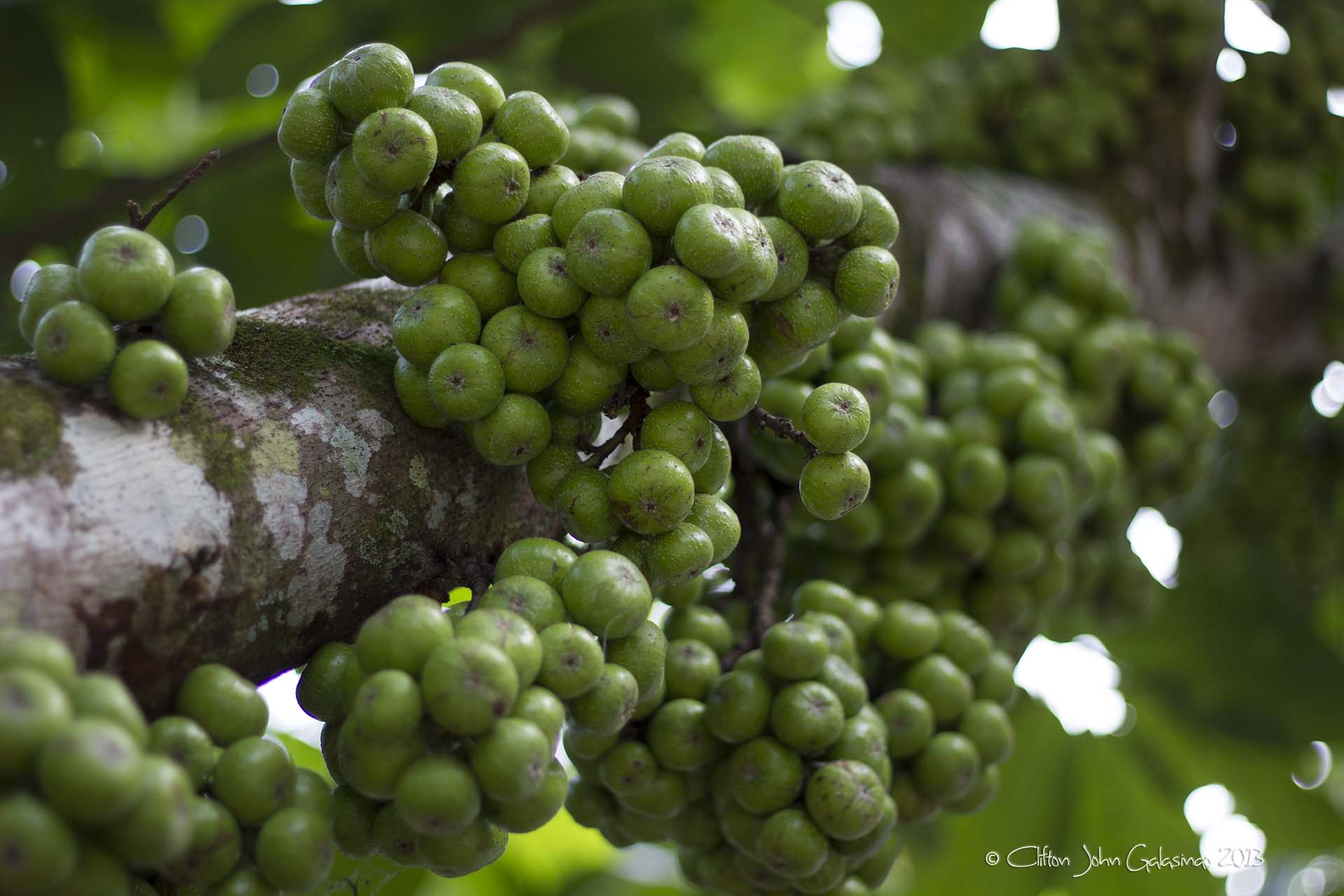
4. COMPOST TOILET
Human waste, without a doubt, is very problematic due to its pungent aroma. With the compost toilet, it is another way of processing human waste with no smell and no contamination of the water table. Water is conserved in the process since no flushing takes place. The human waste immediately undergoes aerobic decomposition (with oxygen). In addition to this, did you know that the methane gas trapped inside the septic tank can be used as a renewable source of gas that can be used for cooking.
5. PERMACULTURE
CELL’s layout is based on a philosophy of design called PERMACULTURE that keeps in mind ecological balance, thus all creature have a place. CELL proudly calls itself a farm that promotes an agricultural way of life that maintains the place of as many creatures as possible. In CELL, they have different zones and areas: an area for human activity, for raising vegetables and farm animals, for growing fruit trees and other trees indigenous to all regions, and a wildlife area. We are reminded to be conscious that the soil on which we all walk on and on which the plants thrive is home for microorganisms that are equally necessary for ecological balance. We must respect each other’s existence by living in harmony with each other. Respect begets respect
6. NEW STORY OF CREATION
CELL teaches theNew Story of Creation, a scientific religious epic for our times that evokes in us the basic wisdom that is necessary to meet the ecological crisis. The New Story of Creation enables us to see our specific role in the process of creation. It inspires us to be creative, challenges us to participate in the creative dynamics of the Earth and to establish ourselves within the unfolding cosmos.
CELL promotes community life among those who are here, both human and non-human, and encourages everyone to contribute to respectful and peaceful community buildings. We would like to stress that before humans inhabited this area, it was already a thriving community which will be here even after we leave. In this light we are visitors and should carry ourselves appropriately. Truly, CELL is a direct response to the challenge posed by the ecological crisis. It is a place where we humans can deepen our awareness of the devastation we are unleashing on the planet. Yet at the same time it is where we can awaken to the beauty and sacredness of God’s Creation and to His call to bring healing to Mother Earth.
Illumined and inspired by CELL’s advocacy, with climate change on the rise and drastically putting forth various ecological problems, it’s time to stop acting indifferent towards our environment. Given the numerous threats brought about by climate change, a more sustainable lifestyle which CELL practices ever since time immemorial might as well be applied in our lives, if not all at once, then gradually, one step at a time, one advocacy at a time.
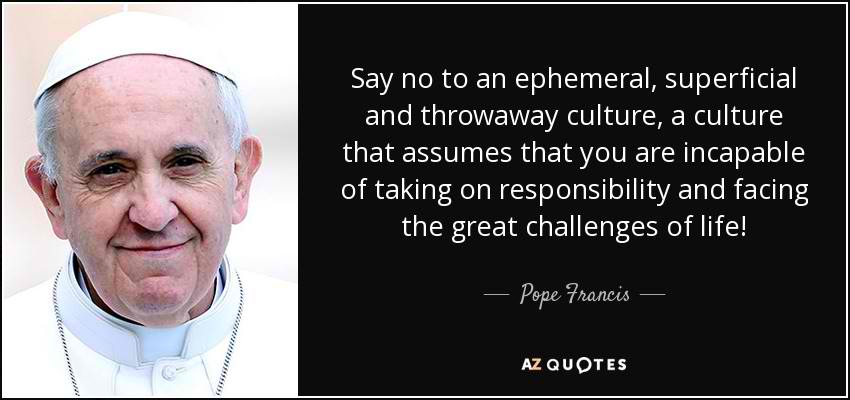
Likewise, Pope Francis adds:
"Peace is also threatened by every denial of human dignity, firstly the lack of access to adequate nutrition. We cannot be indifferent to those suffering from hunger, especially children, when we think of how much food is wasted every day in many parts of the world immersed in what I have often termed "the throwaway culture". Unfortunately, what is thrown away is not only food and dispensable objects, but often human beings themselves, who are discarded as "unnecessary".
We are engulfed by our greed, our indifference, our impassiveness. Aside from throwing away our material goods, we humans go as far as throwing away our values, morals and principles as human beings. We are the generation of technological advancements and the throwaway culture. It is time to take action, time for change, and the time to make it right.
Doing it 1% at a time? We can do so much better. Let's level it up to 101% towards a new, sustainable, and healthy environment.
'Til next time,
Danielle Rosales.

